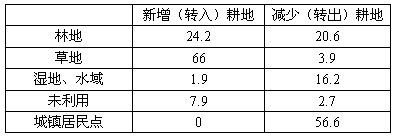课文精彩回放。
到了傍晚,才看见有人驾着小船过来,坐上小板凳,给(A)的奶牛挤奶。金色的晚霞铺在西天,远处偶尔传来汽笛声,接着又是一片(B)。在这里,谁都不叫喊吆喝,牛脖子上的铃铛也没有响声,挤奶的人更是(C)。运河之中,装满奶桶的船只在舒缓平稳地行驶。满载着一罐一罐牛奶的汽车、火车,不停地开往城市。车船过后,一切又恢复了(D)。最后一抹晚霞也渐渐消失了,整个天地都暗了下来。狗不叫了,圈里的牛也不再发出哞哞声,马也忘记了踢马房的挡板。沉睡的牲畜,无声的低地,漆黑的夜晚,远处的几座灯塔在闪烁着微弱的光芒。这就是真正的荷兰。
1.填空。
( )的晚霞 ( )的低地
( )的夜晚 ( )的光芒
2.把下列词语还原到文中(A)、(B)、(C)、(D)四处。
平静 默默无言 寂静 严肃沉默
(A) (B) (C) (D)
3.“真正的荷兰”主要表现在 [ ]
A.挤奶的人十分认真
B.火车不停地开往城市
C.夜晚的宁静
4.把你喜欢的句子读一读,再抄写下来。
1.金色 无声 漆黑 微弱
2.(A)默默无言 (B)寂静 (C)严肃沉默 (D)平静
3.C
4.“略”

